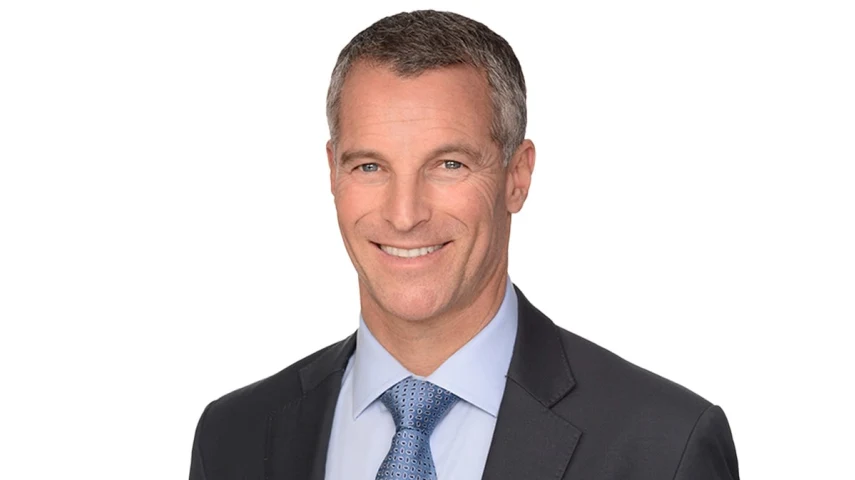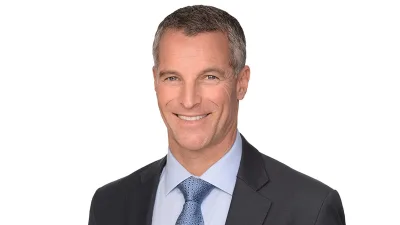Pengana looks to private markets for outsized FUM growth



Pengana Capital Group is making a strategic reposition to have private markets become the dominant part of its business as it targets the asset class towards non-institutional investors.
In its full-year results, the fund manager said the non-institutional market – savings and self-managed super funds (SMSFs) held by retail and wholesale investors – are the “most attractive part of the Australian market”.
It said it is used by more than 3,000 financial advisers and maintains solid relationships with major wealth groups.
“Non-institutional is arguably the more attractive segment due to stronger margins, high growth and client loyalty. However, this market is fragmented and extremely difficult to penetrate.”
As a result, the firm observed these investors are underweight in global private credit and global private equity, which is where Pengana sees an opportunity where it can see “outsized” growth in funds under management (FUM).
While the firm will continue to support listed equity funds as a cornerstone of its core fund management business, it sees them as offering only “modest FUM growth” in comparison.
In a statement to Money Management, Pengana said: “This has been a focus for us more recently in view of the potential for outsized FUM growth given the appeal and scarcity of high quality private market access points, and our unmatched capability in the space. The business is now well positioned in that regard.”
Pengana currently has 22 per cent of its FUM in private market strategies but plans for this to become the dominant part of its business in the medium term and to launch additional vehicles in FY25.
It observed the asset class has higher margins and a competitive advantage, with Pengana being one of few Australian fund managers to offer them to non-institutional clients.
Meanwhile, the firm said its profitability was “subdued” during FY24 with a loss of $4.3 million due to the absence of performance fees, expenditure required to set up its private credit business, and limited revenue in global private credit funds.
Funds under management stood at $3.3 billion, an increase of 10 per cent over the year.
In the future, however, it is targeting significant performance fees to be generated from its aforementioned global private credit funds.
Russel Pillemer, chief executive, said: “At a headline level, it might appear that this was a poor year for Pengana. However, from a value creation perspective, I think the business made excellent progress during the year. After three years of spending significant time and expenditure on the establishment of our multifaceted Private Credit Business, we are now strategically well-placed to grow both FUM and profitability in the years ahead.
“Pengana is well positioned for growth with the capacity to expand within existing strategies and the flexibility to introduce new strategies and vehicles. The company has multiple growth prospects in high demand segments and themes supported by an innovative management team with the experience and capability to capitalise on emerging opportunities.”
Recommended for you
Clime Investment Management has welcomed an independent director to its board, which follows a series of recent appointments at the company.
Ethical investment manager Australian Ethical has cited the ongoing challenging market environment for its modest decrease in assets over the latest quarter.
Commentators have said Australian fund managers are less knowledgeable compared with overseas peers when it comes to expanding their range with ETFs and underestimating the competition from passive strategies.
VanEck is to list two ETFs on the ASX next week, one investing in residential mortgage-backed securities and the other in Indian companies.















